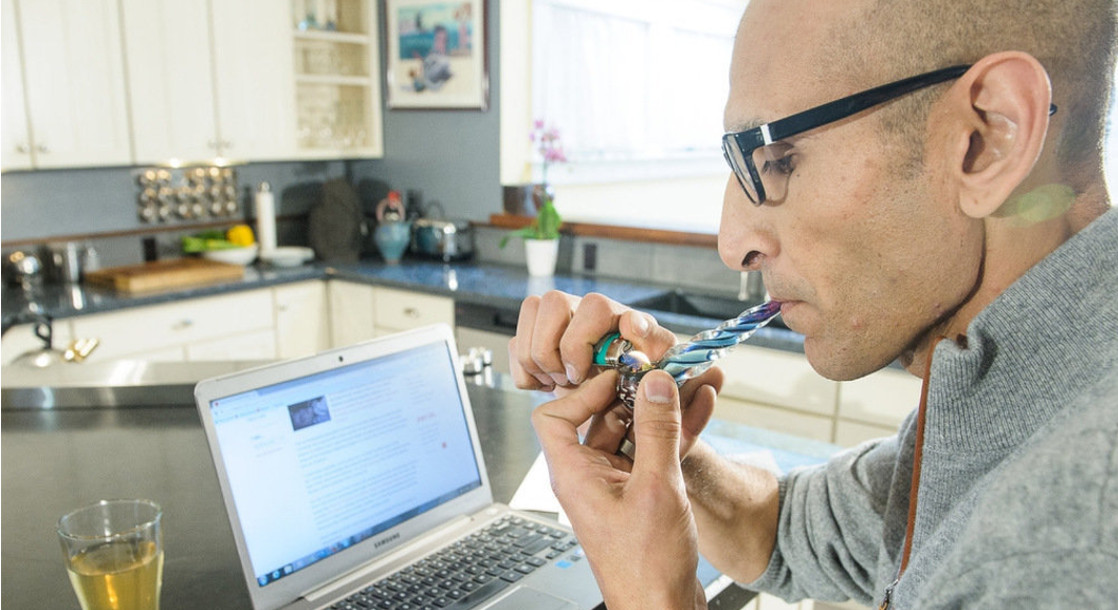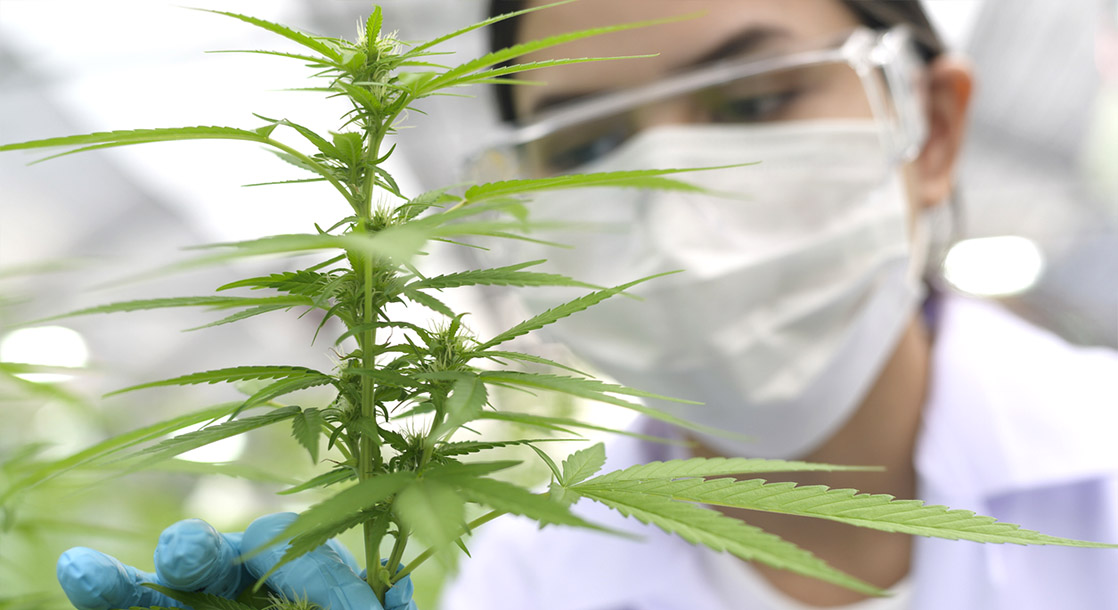A new study on patterns of cannabis use among cancer patients has found that around a quarter of the patients in a major Seattle cancer center have used medical marijuana in the past year. Lead researcher Steven Pergam, MD, of the Fred Hutchinson Cancer Research conducted the study to determine the prevalence and methods of cannabis use among cancer patients. The research team also investigated how the patients received information about cannabis, as well as the perceived benefits of cannabis in treating cancer symptoms.
The study, published this week in the American Cancer Society's peer-reviewed Cancer journal, surveyed 926 patients at the Seattle Cancer Center Alliance. The study reported that 21% of the respondents used cannabis in the past month, 24% in the past year, and 66% had used it in the past, but not recently. Random urine samples of participants found that between 14-18% of them were using cannabis on a weekly or daily basis.
Among the active cannabis users in the study, 70% inhaled cannabis or consumed edibles, and 40% used both modalities of cannabis at once. Three-quarters of the respondents said they used cannabis to treat physical symptoms like pain and nausea, and 63% reported using cannabis to treat neuropsychiatric symptoms such as depression, insomnia, or stress.
The study also reported that legalization of medical cannabis increased the likelihood that patients were willing to use medical cannabis. The researchers found that 74% of the patients surveyed wanted to learn more about cannabis from their health care providers. However, most participants reported that they were unable to glean enough information from their doctors, and had to rely on information from outside of the healthcare system.
"Cancer patients desire but are not receiving information from their cancer doctors about marijuana use during their treatment, so many of them are seeking information from alternate non-scientific sources," Dr. Pergam said. "We hope that this study helps to open up the door for more studies aimed at evaluating the risks and benefits of marijuana in this population. This is important, because if we do not educate our patients about marijuana, they will continue to get their information elsewhere."











